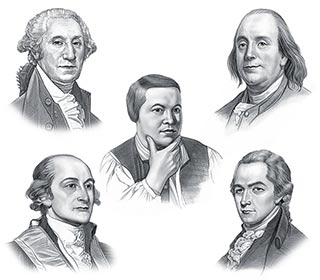- To limit wool production in Ireland
- To restrict the import of woolens and linens created in other areas of the empire
The Effect of the Wool Act of 1699
The effect of the Wool Act of 1699 was to forced all wool and wool products produced by colonies to be sold to England. The English then resold it in all areas of the empire. Each sale generated taxes on these goods.
The Reaction by the colonists to the Wool Act of 1699
The reaction to the Wool Act was anger and resentment. Many colonists opposed the Wool act by buying more flax and hemp to ensure that they would not have to buy clothes from England.
Mercantilism and the Wool Act
The Wool Act was part of the policy of Mercantilism that favored England in which materials from the colonies, in this case Wool were used to make different products in England - finished goods had a higher value than the raw materials.
Triangular Trade and the Wool Act
The establishment of the 13 Colonies, with their surplus of raw materials, made it possible for Great Britain to engage in highly lucrative trading via the Triangular Trade routes across the Atlantic. Wool made from the raw materials provided by the colonies and were sent to England.
